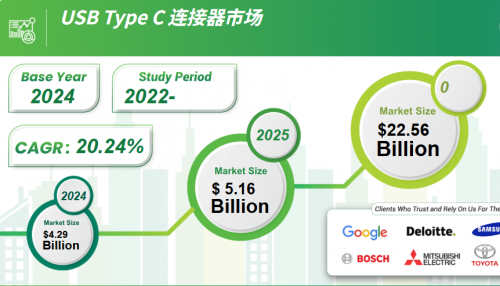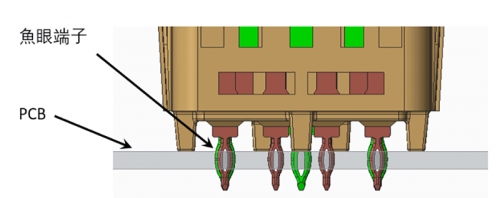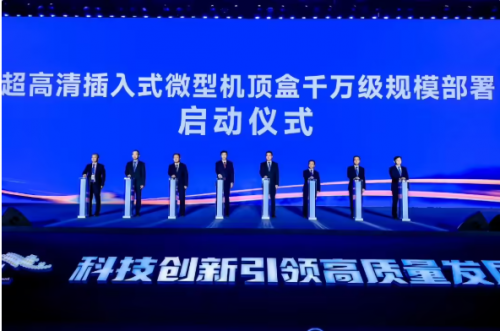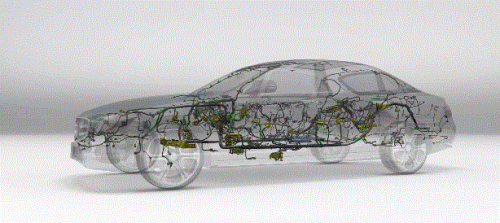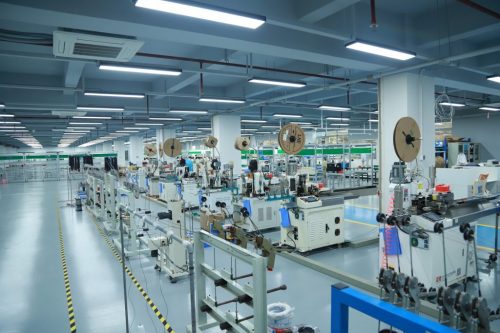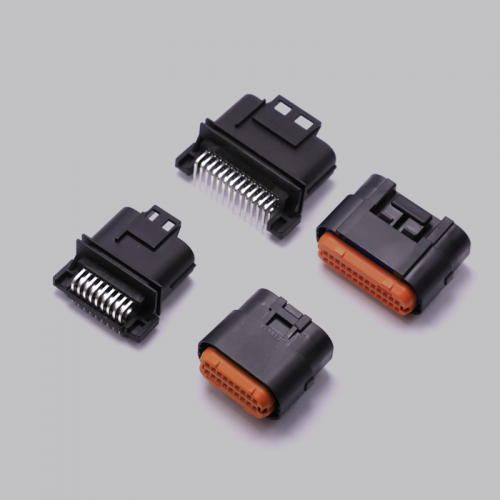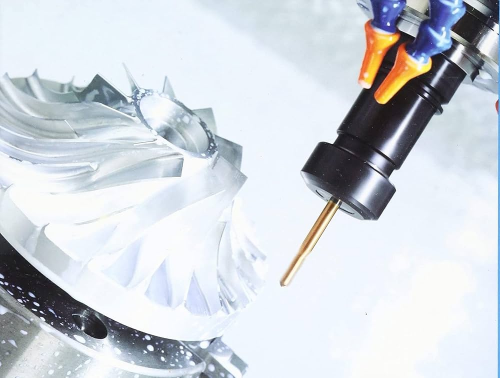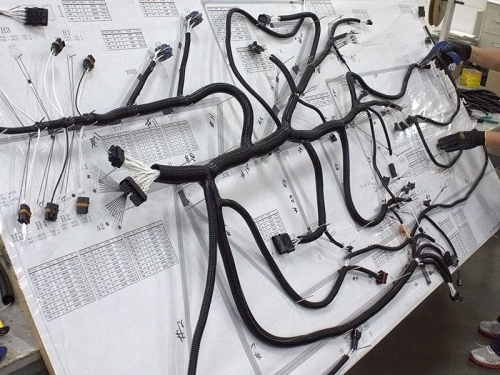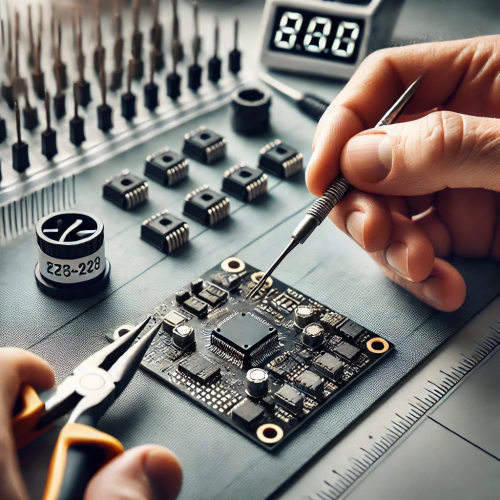Improve device compatibility
The launch of the Matter standard will significantly improve the compatibility of smart home devices. This standard is based on the IP protocol to ensure that smart home devices of different brands and types can seamlessly connect and work together. For the connector industry, this means the need to develop more connectors that support the Matter standard to meet the growing demand for smart home device connections in the market. These connectors will have greater versatility and compatibility, making the construction and maintenance of smart home systems easier.

Simplify device connection and configuration
The Matter standard simplifies the connection and configuration process of smart home devices through a unified pairing method. Users no longer need to download separate applications for each device or learn different operating methods, but can manage all devices through a unified control interface. This will greatly reduce the difficulty of device connection and configuration for users and improve user experience. For the connector industry, this means that more connector products that are easy to install, configure and use need to be developed to meet users’ demand for the convenience of smart home devices.
Promote industry innovation and development
The open source nature of the Matter standard will attract more developers to participate in the development of smart homes, further promoting innovation and development in the industry. As more and more devices begin to support the Matter standard, competition in the smart home market will become more intense, which will prompt manufacturers to continuously launch more innovative products and features. For the connector industry, this means the need to continuously innovate and develop new technologies and products to meet the ever-changing smart home device connection needs in the market.
Reduce equipment costs
The Matter standard helps reduce the cost of smart home devices by enabling device interoperability. Since all products with the Matter logo are compatible with each other and use similar hardware and software components, the resulting economies of scale help reduce device costs. This will make smart home devices more popular and bring more market opportunities to the connector industry.
Potential challenges
Although the Matter standard brings many benefits to the smart home industry, there are also some potential challenges. For example, the Matter standard may not support all or most of the functions of some devices, causing users to feel disappointed when purchasing and using smart home devices. In addition, as smart home devices continue to increase and become more complex, how to ensure the stability and security of the devices has also become an important issue. For the connector industry, it is necessary to continuously improve the quality and performance of products to meet these challenges and meet user needs.
Summarize
The introduction of the Matter standard has had a profound impact on the connector industry. On the one hand, it has improved the compatibility and ease of use of devices, simplified the device connection and configuration process, promoted innovation and development in the industry, and helped reduce device costs. On the other hand, it also brought some potential challenges, such as functional limitations and security issues. Therefore, the connector industry needs to continue to innovate and improve product quality to adapt to changes in the smart home market and meet user needs.

